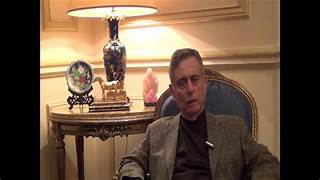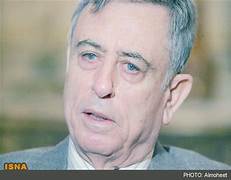The former Vice President of the Syrian Arab Republic, Abdel Halim Khaddam, believes that the Syrian army’s invasion of Hama on Sunday marks the true beginning of the end for Bashar al-Assad’s regime. During a telephone conversation with the German Press Agency (DPA) from Cairo, Khaddam emphasized that the acts of violence, killings, and military invasions, as witnessed in Hama, Homs, and other regions, signify a pivotal shift that will ultimately lead to the downfall of Bashar al-Assad’s regime. Khaddam, who leads the exiled National Salvation Front opposing the Syrian regime, disclosed his efforts to urge the international community to establish protected areas within Syria, serving as safe havens for Syrians fleeing violence and intimidation. He explained, “We are currently appealing to the international community to designate protected areas to safeguard those fleeing violence.” Additionally, he added, “The international community must intervene to protect the Syrian people, who are committed to peaceful demonstrations without resorting to weapons. Considering the regime’s continued severe repression, it is the duty of the international community, in accordance with the United Nations Charter, to take action in protecting the Syrian people from a regime that has deviated from national and international legitimacy.” Khaddam cautioned against the regime’s excessive use of violence, the persistent international silence, and the reluctance of the international community to fulfill its responsibilities in safeguarding the Syrian people from grave violations. He warned that such circumstances might compel the forces on the Syrian street to respond with violence. He further stated, “Up until now, Syrians have endured all the crimes committed by the regime to prevent themselves from descending into conflict or strife that would result in further bloodshed.” The Syrian opposition rejected claims regarding the “Islamization” of the revolutionary movement, asserting that the regime itself is responsible for labeling the revolution as Islamic. They stressed that Syria is a country comprising both Muslims and Christians, who are religious but not extremist. Muslims represent the majority in the country, and therefore, the pluralistic majority visible in the demonstrations is natural.
Khaddam stated, “The international community must intervene in some capacity to protect the Syrian people, as Syrians are committed to non-violent demonstrations. Given the regime’s ongoing severe repression, it is the international community’s obligation, in compliance with the United Nations Charter, to take measures to protect the Syrian people from a regime that has deviated from both national and international legitimacy.” He emphasized, “However, it is by no means a majority of extremists. I believe there is no Islamic inclination towards extremism in Syria.” Khaddam noted that history is repeating itself through these events and added, “The regime has no connection with the people, leaving it no choice but to employ violence and force to stay in power.” He stated, “While this was tolerated in the past due to regional and international circumstances, it will not be repeated under the current circumstances. Bashar Al-Assad and his accomplices in killing the people will face severe consequences from the people.” Khaddam also dismissed the idea of a military coup by leaders who still support Bashar’s regime. He explained, “Under the current circumstances, this is not anticipated but may occur at a certain stage. A group of army leaders may rebel and arrest other military and political figures associated with the regime.” He believed that this possibility “is plausible, particularly considering the rising tensions and pressures in the country, where the army is exhausted and the economy has collapsed, providing greater impetus for all forces to take action and overthrow this regime.”



